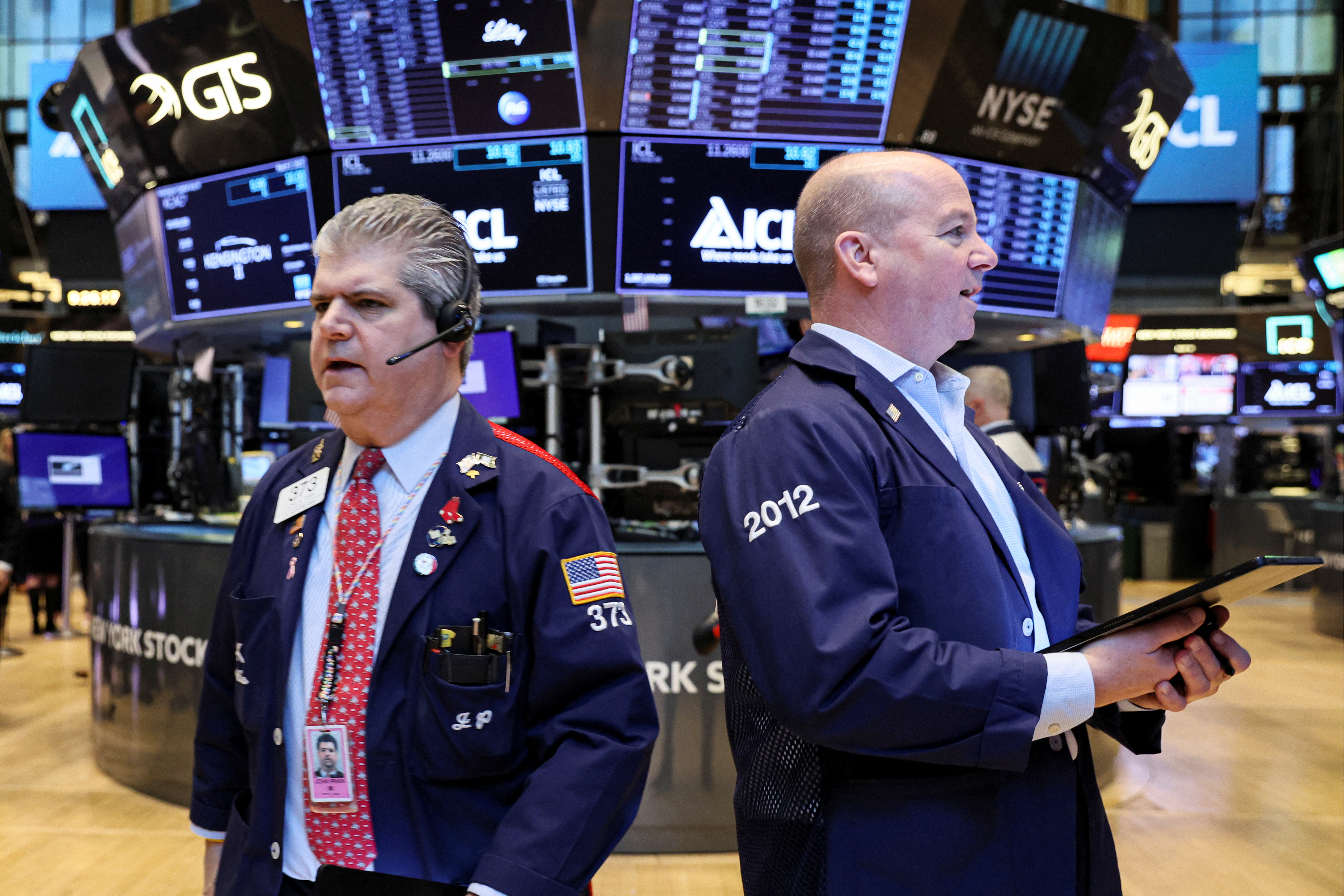U.S. stocks saw modest gains on Friday, though all three major indexes—the Dow Jones Industrial Average, S&P 500, and Nasdaq—remained on track for small weekly losses. This movement followed a turbulent start to the week, driven by fears of a potential recession and the unwinding of a global yen-funded carry trade. Despite recent rallies, Wall Street was unable to fully recover from Monday’s steep decline.
The technology sector led the day’s gains, yet both the S&P 500 and Nasdaq were poised for a fourth consecutive week of losses. Meanwhile, the Cboe Volatility Index (VIX), often referred to as Wall Street’s “fear gauge,” decreased on Friday after spiking to 65.73 earlier in the week.
Monday’s market drop was largely attributed to last week’s sharp sell-off, which was triggered by a disappointing July jobs report that fueled recession concerns. These worries were exacerbated by the Bank of Japan’s interest rate hike on July 31, which resulted in a significant appreciation of the yen, a currency often used in carry trade investments. This led investors to unwind their positions, contributing to market instability.

Market participants remain on edge as they anticipate further uncertainty in the coming weeks, particularly in the lead-up to the Federal Reserve’s next policy meeting on September 17-18. Current market sentiment, as reflected in the CME Group’s FedWatch Tool, suggests a 55% chance that the Fed will reduce interest rates by 50 basis points, with a 25 basis point cut seen as having a 45% probability.
On the day, the Dow Jones Industrial Average rose by 27.13 points (0.07%) to 39,473.62, the S&P 500 gained 21.67 points (0.41%) to 5,340.98, and the Nasdaq Composite added 72.48 points (0.44%) to close at 16,732.50.
Investors are now looking ahead to next week’s reports on U.S. consumer prices and retail sales for July, which could provide further insights into the likelihood of a soft landing for the U.S. economy. On Thursday, Federal Reserve officials expressed confidence that inflation was cooling sufficiently to justify upcoming interest rate cuts, with the timing and size of these cuts likely to depend on forthcoming economic data.
In individual stock news, Take-Two Interactive Software saw gains as it forecasted growth in net bookings for fiscal years 2026 and 2027, while Expedia advanced after surpassing analysts’ expectations for second-quarter profits.
On the NYSE, advancing issues outnumbered decliners by a 1.22-to-1 ratio, while on the Nasdaq, decliners outpaced advancers with a 1.26-to-1 ratio. The S&P 500 recorded 13 new 52-week highs and 3 new lows, while the Nasdaq registered 48 new highs and 142 new lows.


















